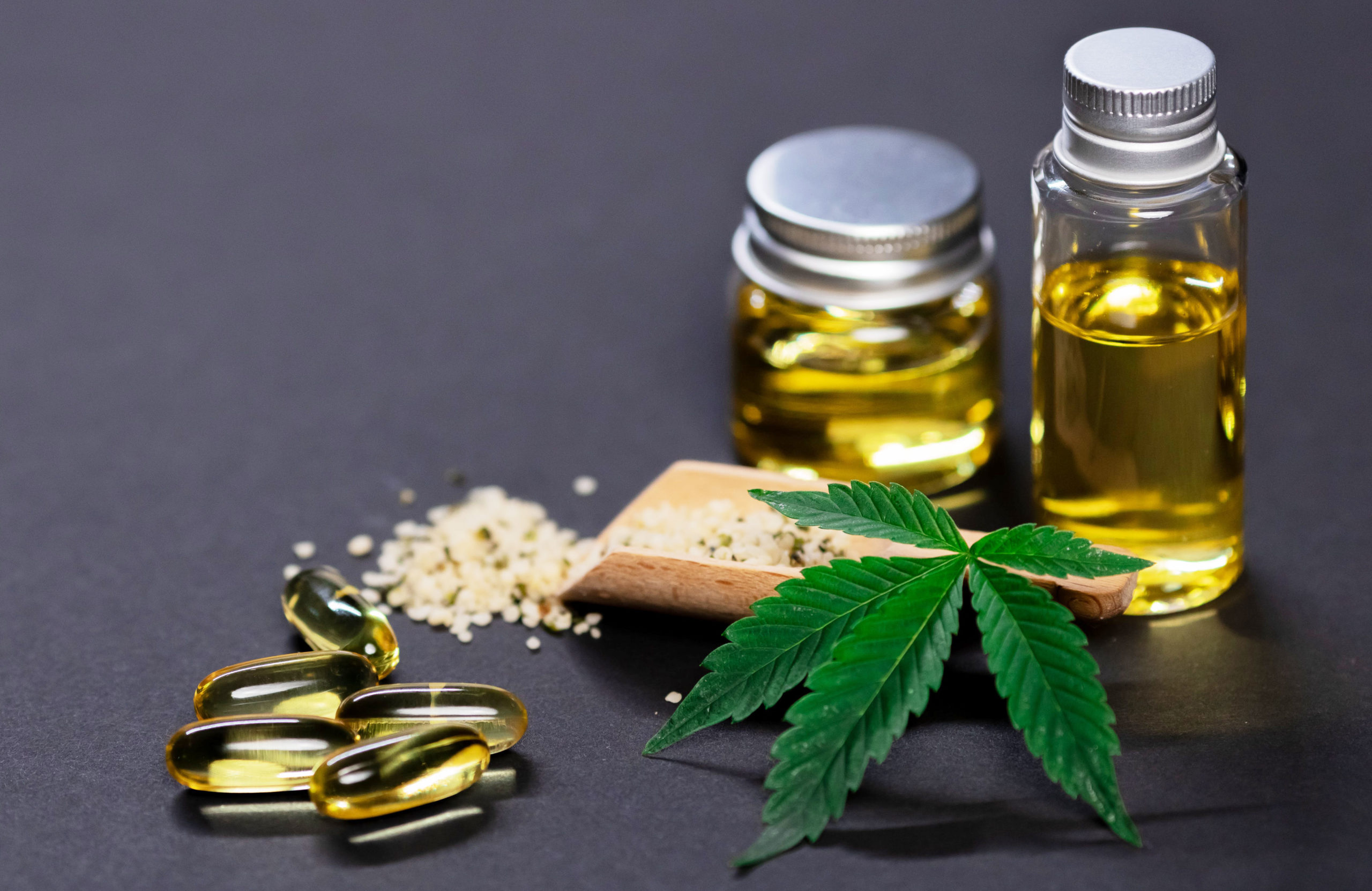
CBD daily intake limit: FSA updates its recommendation
The UK Food Standards Agency (FSA) has recently launched a new recommendation for adults to limit their daily CBD intake to 10 mg per day, instead of 70 mg.
This updated recommendation follows a careful analysis of the average lifetime exposure to edible products incorporating CBD, ranging from beverages and oils to confectionery and bakery products, as well as the popular drops. The Food Standards Authority (FSA) has emphasized that no imminent risk has been identified by consuming more than 10 mg of CBD per day, according to the data examined.
However, it is imperative to highlight that evidence has been identified suggesting possible adverse repercussions on the liver and thyroid gland when this threshold is exceeded and prolonged intake is maintained over time. This observation underscores the importance of approaching daily CBD consumption with a balanced approach and awareness of the long-term health implications. This recommendation is currently only available in the United Kingdom.
New recommendation on daily consumption of CBD
The message this recommendation has on the market is very impactful, as for example most CBD drinks on the market contain 12.5 mg of CBD per unit.
There are certain products on the market that have a minimum serving dose greater than 10 mg, from now on consumers should review labels and reflect on their daily CBD consumption based on this new recommendation.
The CBD industry, which has consolidated around the previous recommendation of a daily intake of 70 mg, is now facing a significant shift in consumption patterns. Seven times lower intake is being advised, which has profound implications for the entire industry.
This new orientation in CBD consumption is generating an imperative need for adaptation and restructuring in the industry. From the production and formulation of products to their distribution and marketing, every link in the production chain will be affected. CBD producers will have to review and reformulate their products to conform to these new standards, considering not only the dosage, but also the efficacy and safety of their products at these new doses.
The new recommendation to reduce the daily dose of CBD to one-seventh of its previous value implies a profound transformation in the packaging manufacturing industry. Companies, which until now have designed and produced packaging according to the consumption pattern of 70 mg per day, need to rethink their strategies and reformulate their products to fit this new orientation.
This change in consumption patterns calls for a complete re-evaluation of the materials and designs used in the manufacture of packaging. Traditional formats and sizes may not be best suited to accommodate and dispense the new recommended doses of CBD. This means that companies in the sector will have to innovate in the creation of smaller and more efficient packaging, which will allow precise and safe administration of the new dosage formulation.
Experts talk about damages in the industry
This will cause collateral damage to the entire UK CBD industry, say industry experts.
Professor Robin May states that according to his independent advisory committees and recommends that healthy adults consume no more than 10 mg daily.
It is crucial to recognize that there is a correlation between prolonged lifetime consumption of CBD and the possibility of experiencing long-term adverse effects, such as possible liver complications or challenges in thyroid gland function. It is important to note that the level of associated risk is closely linked to the amount of CBD ingested, as is the case with other potentially harmful products, such as alcoholic beverages.
This relationship between daily CBD consumption and potential adverse effects underscores the need for a balanced and conscious approach when using products containing this compound. It is essential to consider not only the potency and concentration of CBD, but also the duration and frequency of consumption over time. The accumulation of CBD in the body can have implications for liver function and hormone balance, particularly in relation to the thyroid.
In relation to our country, we refer you to this blog article where we talked about regulations and manufacture of food supplements containing CBD in Spain.






